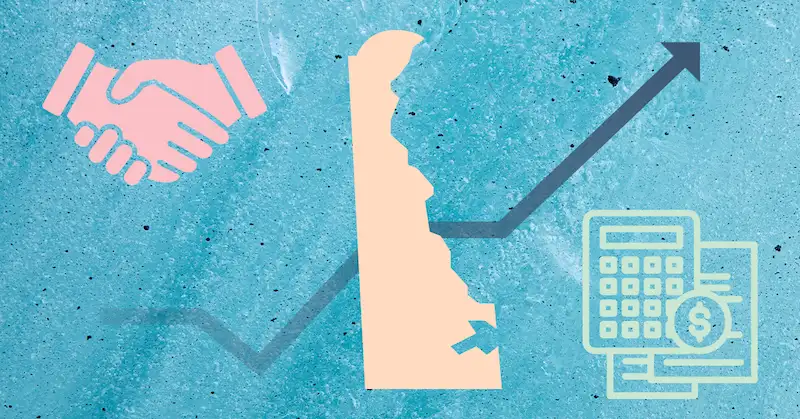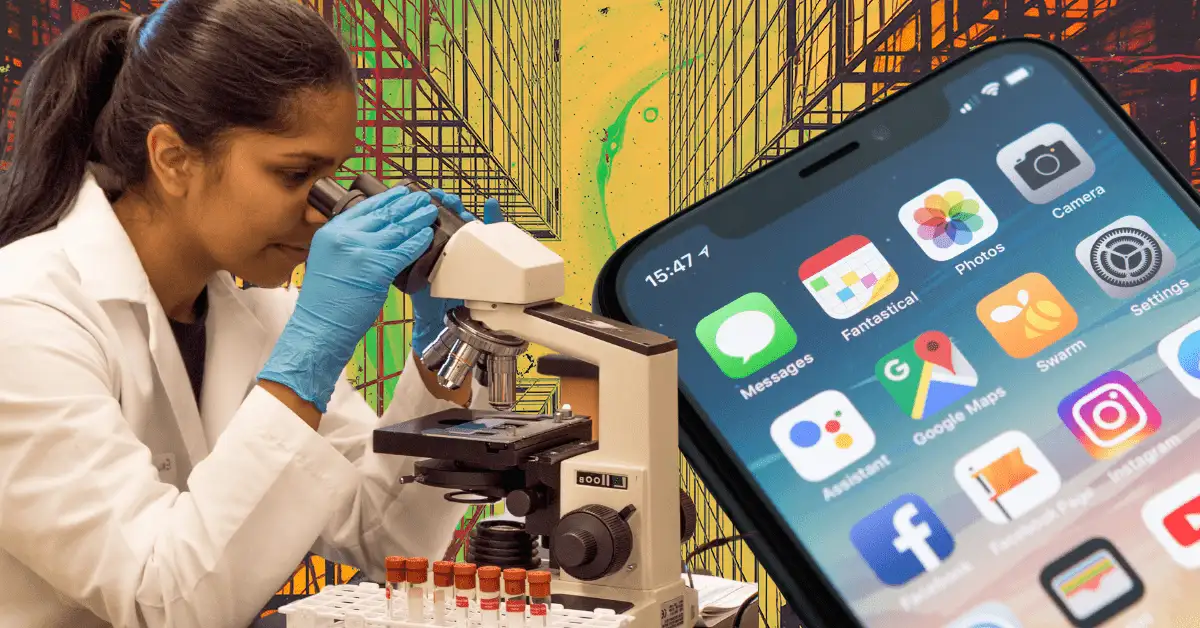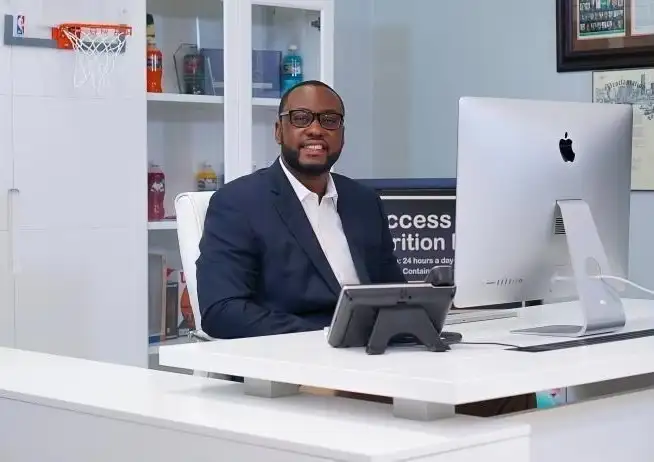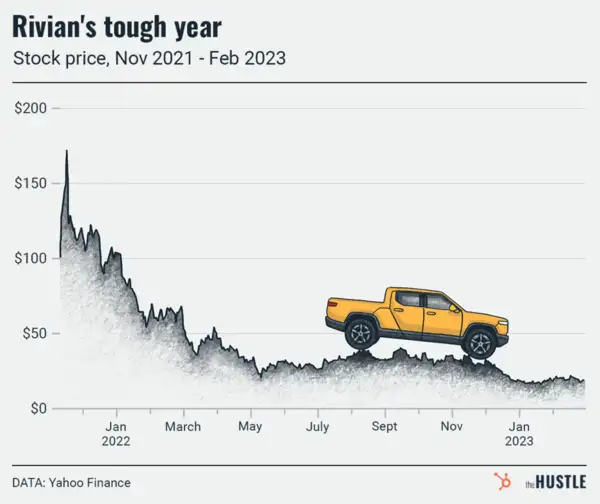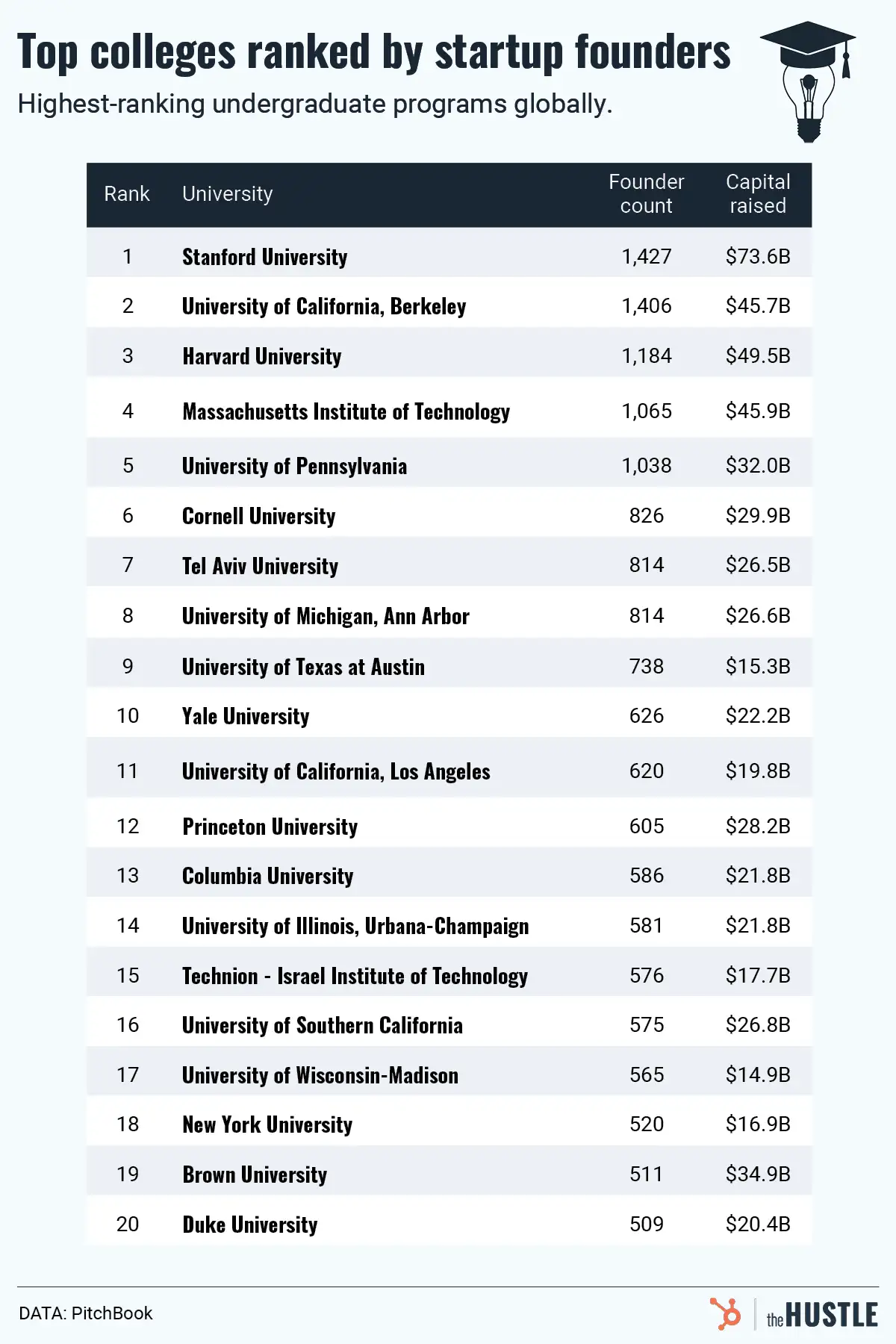There’s a reason that “my plans vs. 2020” meme lit up Twitter like a pinball machine: Few people could have seen that 6 months into the year, we’d be facing global crises on such a grand scale.

A pandemic wasn’t on our list for 2020, but now, it’s our reality.
We asked our Trends subscribers, a talented group of founders, investors, and entrepreneurs, to predict the hottest products and industries of the future.
Prognostication can be a dangerous game, and we’ve been wrong before — our Trends team wrote two bullish articles on shopping malls and boutique hotels right before the pandemic.
But if you want to know where the post-pandemic business opportunities might lie, these 27 ideas are a good place to start.
Education and EdTech
- Ashalesh Tilawat: “This marks a huge turning point in the ‘is college really an investment for everyone’ debate… Unless teens plan on pursuing a law or medical degree, they will soon begin to opt for cheaper and quicker options.”
- Bryce York: “The surge in online course sales is going to continue and the whole industry is going to prosper from it [as] education is democratized with the spoils going to the best educator instead of the biggest incumbents.”
- Steven Chien (CollabX): “Edtech will look and feel more like video games: Courses will be similar to [multiplayer online games] where small groups (squads) work together on assignments (missions) as part of the larger curriculum (map).”
- Andrew Masanto (Anona): “The desire for re-education and the acceptance of online learning will increase demand for digital learning, including info products, online courses and tangential services which enhance online learning.”
- Chris Frantz (GA Insights): “Homeschooling. Most people won’t continue but millions will.”
Community
- Kenny Hanson (Mentor Pass): “School and work have traditionally dictated where you live and who you socialize with — your community. As these activities move online, people turn into free-agents and will be in need of new communities. Digital nomad groups…are well-positioned to win if they launch offerings focused less on travel and more on Community-as-a -Service.”
- Joshua Landua (Best Life): “A need for quality and supportive online communities i.e. Trends. Social isolation/remote work has made us crave connection more than ever before and for a long time coming, ‘online’ will be a good way to get that… a place where I can share my ideas/thoughts with like-minded people without being scared of being attacked or judged while getting valuable insights.”
- Nick Lamothe (Legends): “Brands that are willing to take chances on innovative ways to build community and create meaningful experiences – digitally or physically- will shine.”
- Adele Tomasin (The Missing Piece): “Brand values will become more important. Companies that make a difference and support communities will have an advantage.”
Food
- Rachel Bell: “More direct to individual use cases. A chef will teach people to bake bread inside their home and companies will send the ingredients. A resurgence of at-home cooking kits in a new interactive format.”
- Joshua Smith (Brewer’s Friend): “People have discovered a broad set of products they can create at home that they previously had to buy from grocery stores and physical retailers… Homebrew beer has had a massive influx of interest… and we see this trend continuing as people discover the value in creating products themselves at lower cost and higher quality than they previously had to purchase.”
- Chris Frantz (GA Insights): “Restaurants cannot do the level of social distancing they need without cutting into occupancy. This means we’ll see more closed restaurants/ghost kitchens, a move to more expensive menus for the reduced patronage and an expansion of outdoor seating… “streeteries” for restaurants taking over streets.”
Remote Work
- Mike Harley: “De-urbanisation, ending a ~200+ year trend, partly due to the fear of dense living, partly because of the validation of remote working practices. Businesses that provide services and infrastructure to young professionals living outside cities and which enable remote working will thrive. This is everything from rural broadband to local delivery services.”
- Troy Austin Riemer: “There will be more freelancers and more contract work so that companies can expand and contract more easily with waves of demand… The way that people brand themselves online will become even more important where individual people are seen as ‘companies’ that need their own websites or profiles online that link to other areas of the web they frequent.”
- Taylor Hersom: “This present trend of an increasingly remote workforce creates tremendous hardship in relation to cybersecurity and data privacy, which will subsequently create opportunity for cybersecurity companies… Every company is becoming a data company.”
- Jacky Chou (Laurel & Wolf): “Work at home movement has been huge, which has led to a massive demand for our online interior design service”
Retail & Ecommerce:
- Tristan Welch: “When shops reopen here there’s going to be a lot of ‘if you touch it, you buy it’ policies. So with no way to actively try on clothing before purchasing, I’m predicting a lot of virtual ‘try on’ type apps…For now this is going to be around uploading a photo of yourself to a brands app/website and seeing how you’d look in their clothing on your phone”
- Saad Khan: “Online shopping is going to revolve around “user experience”… Companies that execute best to build the best “experience” will outlast other ecommerce brands. As consumers get more comfortable with buying products online, they may also get comfortable buying services online”
- Samantha Ogborn (once + more): “Curbside pickup has been born out of necessity and will evolve brick-and-mortar shopping experiences moving forward. Best Buy found a fantastic opportunity when Amazon was overwhelmed to take their business curbside, resulting in many consumers making the switch to faster, same-day convenience”
- Daryl Klingaman: “The surge we’ve seen in ecommerce will sustain, at some level. Consumers have had to learn to buy online more than ever before and have had to learn to buy new things online (i.e. toilet paper, PPE, groceries, etc.). This has created a new reliance on ecommerce that won’t go away as we slowly return to our pre-COVID existence.”
Localism
- Simon Purdon: “The most successful businesses will be local ones. Depending on foreign supply chains is becoming a weakness. There’ll be a large move towards locally produced goods, globally.”
- Brian Maucere: “The rebirth of the neighborhood block party. Honestly, I look at the movie theatres and the looming direct to consumer model for big budget films. So I foresee a business idea where an app or website tells you the closest pop up “theatre” which could be your neighbors house on a Friday night drinking wine and beer and watching a new release movie together with families on the lawn.”
- Vitor Pires Pena: “I believe local tourism is going to increase, it has already, people travelling with their cars and visiting the surroundings. That will drive business to B&B, RV parks, and so on.”
- Daniel Thompson (Salt Water Digital): “We’ll start seeing local businesses accelerate their own e-commerce efforts… While e-commerce giants will win big, local businesses have an opportunity to capture a share of this market because people are happy to pay a premium to support a local business.”
Other:
- Jaime Burbano (Adbox): “Brands with reduced budgets will not be able to jump on a plane to exotic places to shoot beautiful scenes, so they will need to rely much more on stock footage. Plus, music will have a bigger and more important role to engage people emotionally with the brand.”
- Aleksandr Akiva Volodarsky (Lemon): “Ways to engage kids while they are at home for those who don’t allow free access to YouTube and games”
- Pavel Dolezal: “Closer to nature — you’ve said it before how huge is the opportunity with house plants. What I’ve seen over and over is how people when stopped and “smelled the roses” have noticed how the air is cleaner, enjoyed more quiet ambiance and started to appreciate nature more.”



